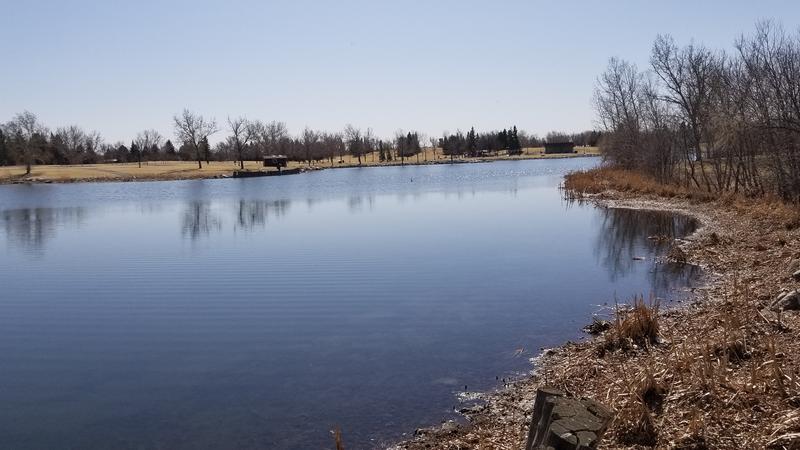
New Nature Conservancy Poll showcases benefits of going outdoors
LETHBRIDGE, AB – The Nature Conservancy of Canada (NCC) is touting the benefits going outside has on our mental health.
Monday, January 17 marks what’s known as “Blue Monday”, a day in which depression and anxiety are at the forefront of the minds of many, especially with COVID-19 restrictions still in place across the country. With that, the NCC is reminding Canadians to get outdoors if they can, in order to help improve their mood as well as their physical wellbeing.
A new poll conducted by Ipsos Public Affairs for the NCC revealed that 82 per cent of respondents are spending time in nature.
37 per cent said they are spending more time outdoors compared to their lives before the pandemic began in March 2020. Among respondents, women, young people and young families were most likely to be spending more time outdoors.


